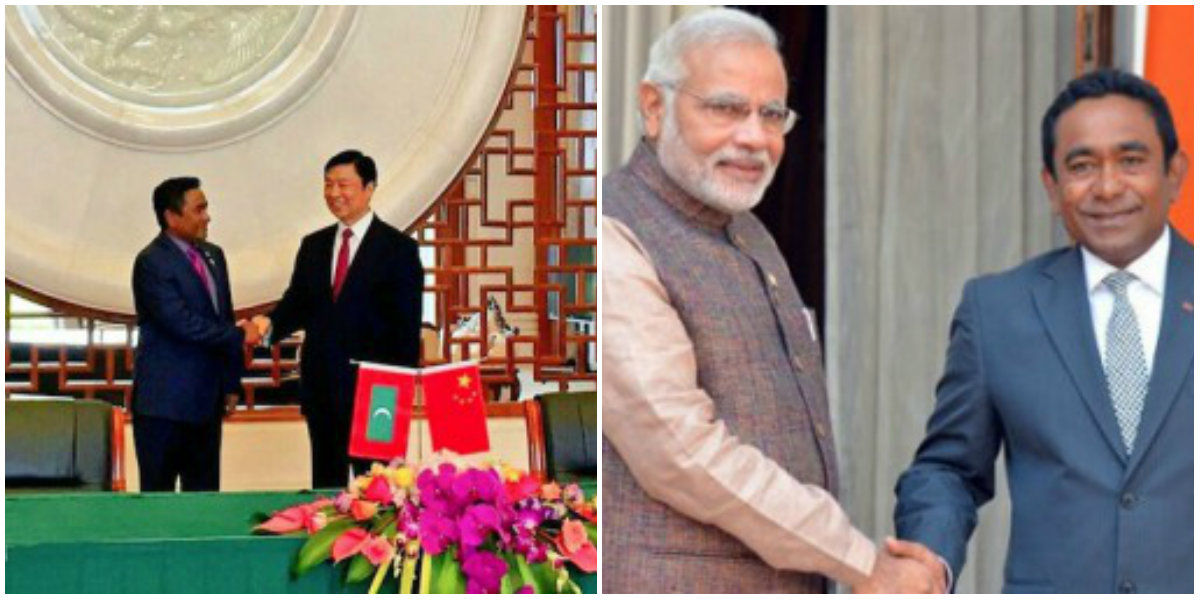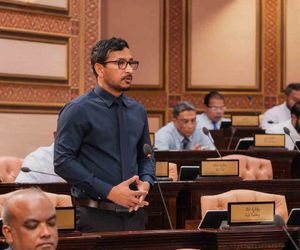Maldives and the Great Game in the Indian Ocean
The Maldives, faced with economic and political crises, has reoriented its foreign policy, wherein the Chinese enjoy a place of much greater influence than they did in the past. Anand Kumar examines the emerging security scenario in the Indian Ocean.

16 May 2016, 9:00 AM
The following is an excerpt from Dr Anand Kumar’s book “Multi-party Democracy in the Maldives and the Emerging Security Environment in the Indian Ocean Region.”
The Indian Ocean has always been at the centre stage of the global geopolitics. The Maldives lies at the central point of all key sea routes in the Indian Ocean. For this reason, the Maldives has also been a centre of attraction for global powers. In recent times, the Maldives, faced with economic and political crises, has reoriented its foreign policy, wherein the Chinese enjoy a place of much greater influence than they did in the past.
On the other hand, the earlier bonhomie between India and the Maldives has been reduced. This has implications for Indian security and strategic interests. Even the Western powers including the US are finding it difficult to deal with the Maldives. To counter their pressure, the Maldives has tried to use both Saudi Arabia and China. However, what makes the whole strategic scenario further interesting is the friendly overture of the Maldives to Japan. Thus, barring Russians, who are busy in Crimea, the Maldivians seem to be handling all the major powers of the world – making Indian Ocean the hub of global geopolitics.
China’s emergence as a major power on the global scene has led to a fundamental change in the Indian Ocean’s security scenario. In the past, the players participating in the rivalry for control over the Indian Ocean region were limited. In the 19th and 20th centuries, Britain was the predominant naval power in this region. Subsequently, this position was taken over by the US with its base in Diego-Garcia. Though the former Soviet Union tried, it could never challenge the supremacy of the US in the India Ocean region.
Become a member
Get full access to our archive and personalise your experience.
Already a member?
Discussion
No comments yet. Be the first to share your thoughts!
No comments yet. Be the first to join the conversation!
Join the Conversation
Sign in to share your thoughts under an alias and take part in the discussion. Independent journalism thrives on open, respectful debate — your voice matters.




